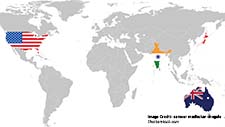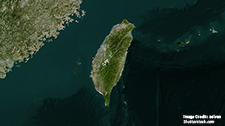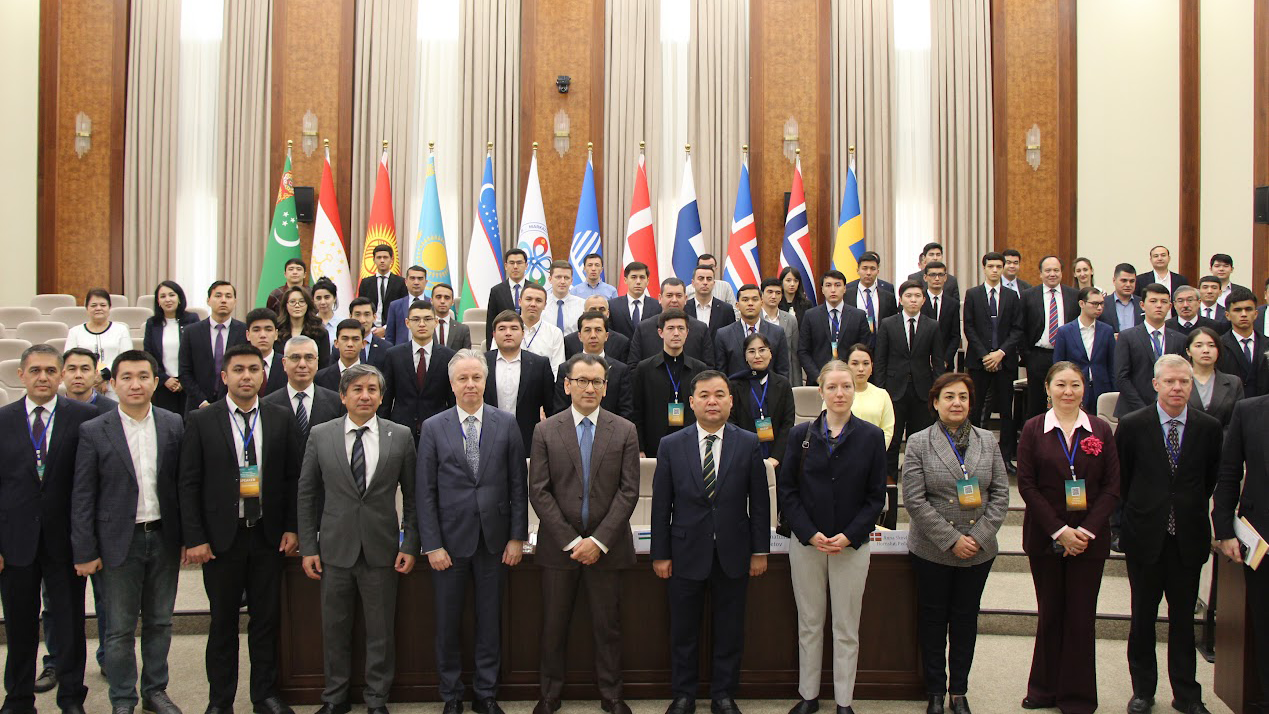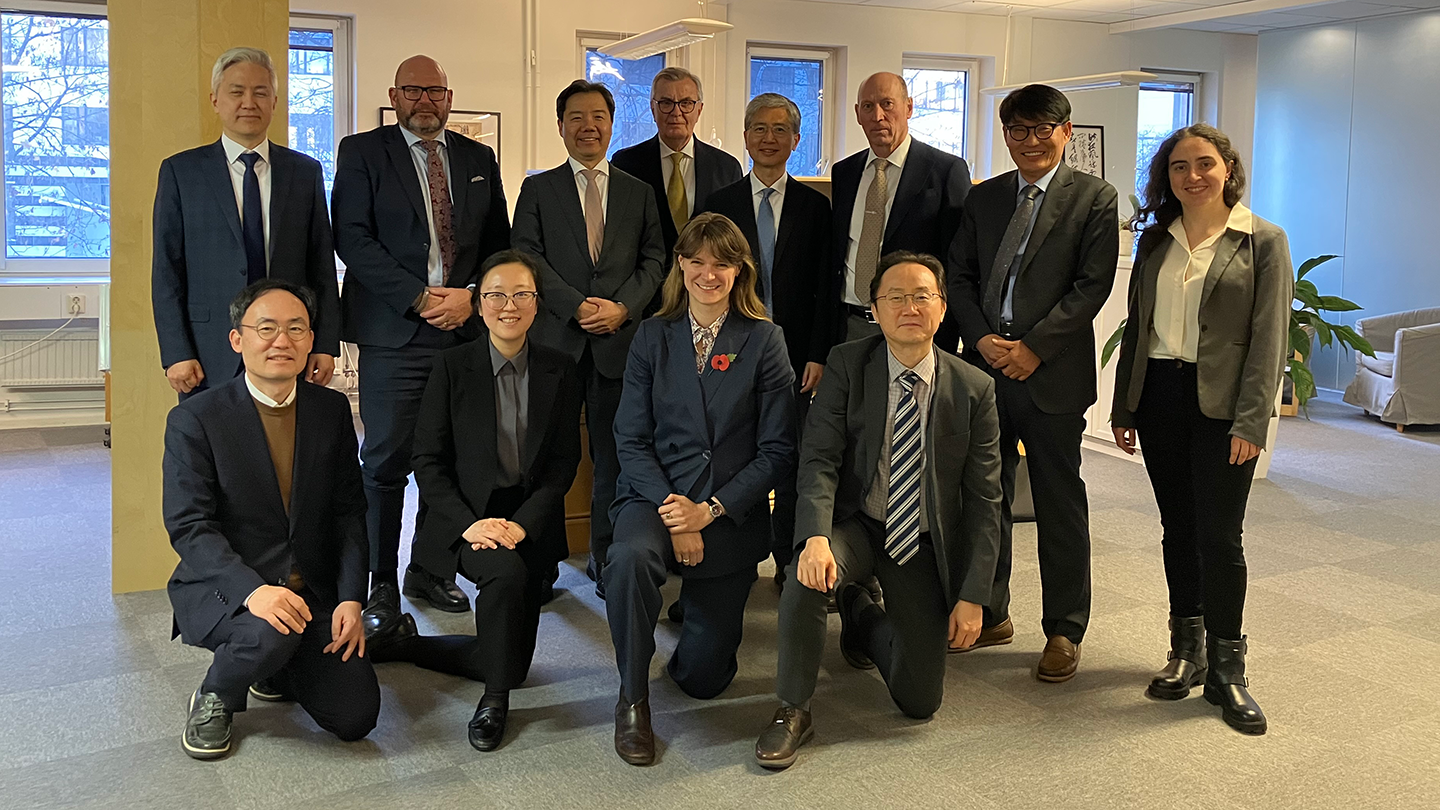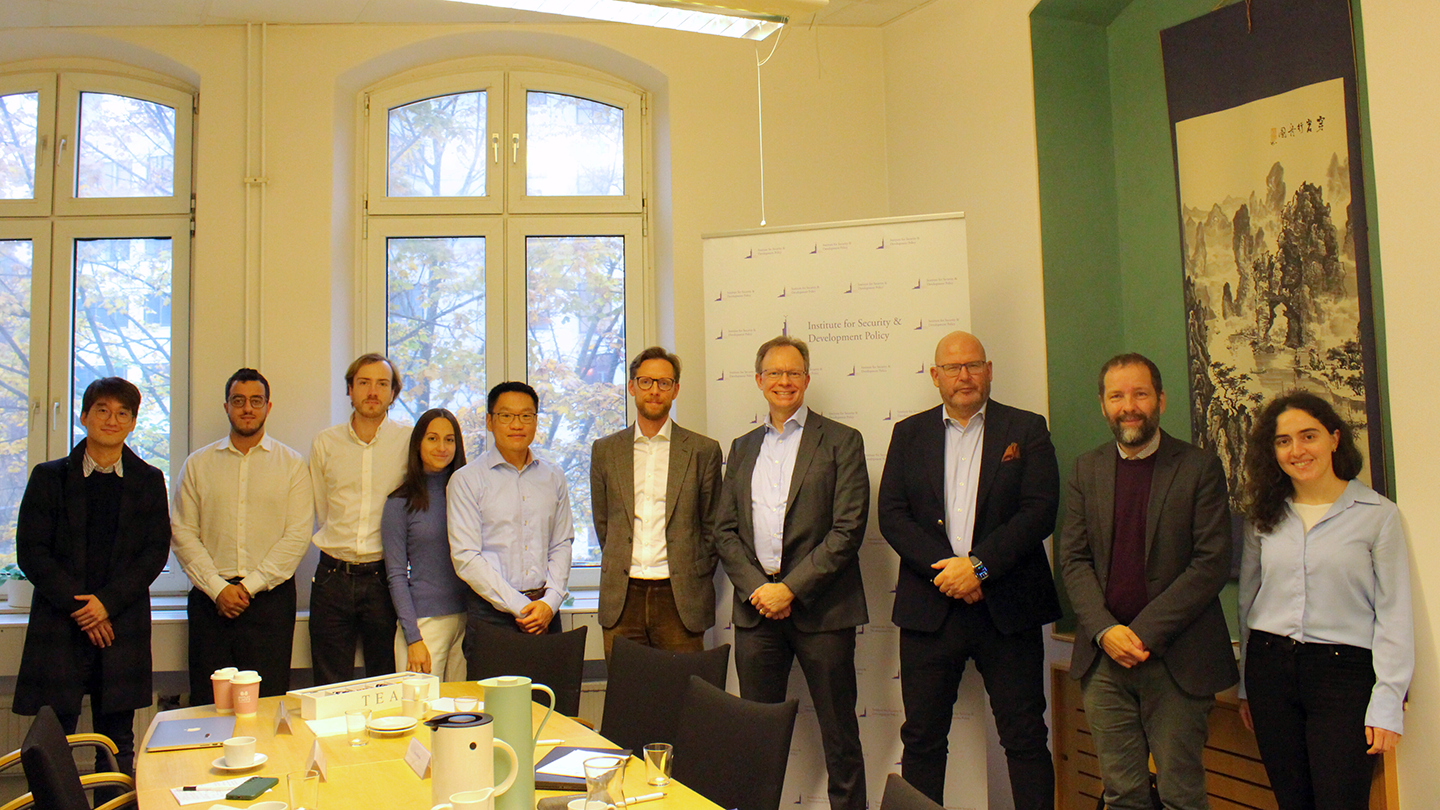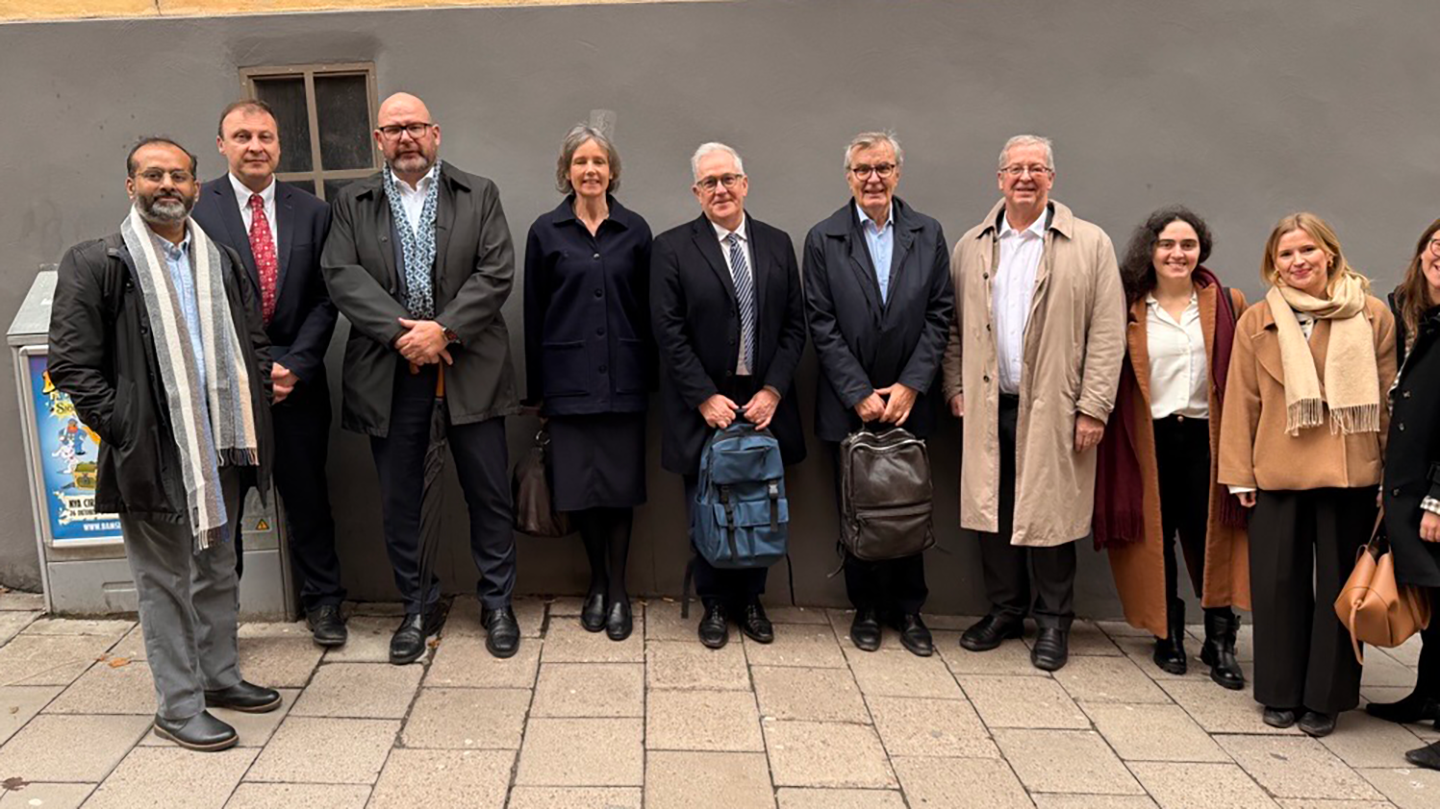-

The Rise of the Organization of Turkic States: Is Turkic Cooperation Filling a Geopolitical Vacuum?
In October 2025, the Organization of Turkic States (OTS) convened a pivotal summit in Gabala, Azerbaijan, demonstrating its emergence as a significant geopolitical entity on the Eurasian landscape. During the summit, Azerbaijani President Ilham Aliyev emphasized the OTS’s evolution into a key geopolitical center, while Kazakh President Kassym-Jomart Tokayev referred to it as an authoritative structure uniting Turkic populations. This gathering marks a critical juncture in the organization’s development, solidifying its influence in a region that links the Mediterranean to Central Asia.
-

After the Handshake: What Putin’s India Visit Signals to a Fractured World
In a way, the global system today is neither comfortably multipolar nor predictably bipolar. It is fractured, fluid, and fiercely contested. Against this backdrop, Putin’s recent visit to India for the 23rd India-Russia summit reaffirmed that legacy partnerships retain geopolitical relevance even as states recalibrate their strategies in an age of strategic volatility. Yet, Jagannath Panda writes that the visit also raises a wider analytical debate. Can India sustain meaningful ties with Russia without intensifying strategic friction with the United States and Europe? And what does Moscow’s renewed outreach to New Delhi imply for China’s growing influence over Russia? Read this piece published on the ISPI website here.
-
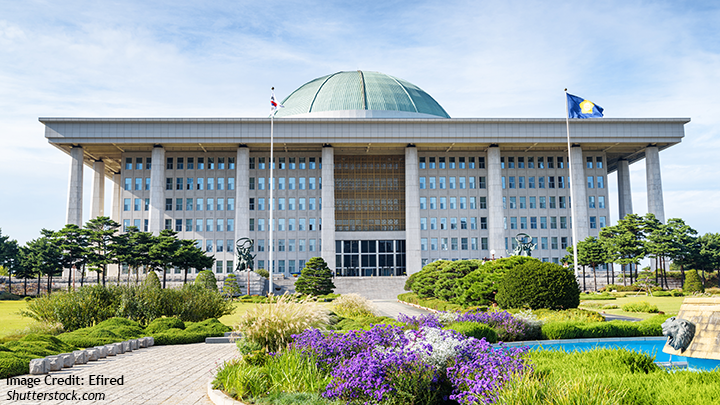
The New Leaders of DPK and PPP: What Will This Mean for Korea’s Political Future
South Korean politics is entering a phase of heightened instability marked by intensified polarization, leadership conflicts, and deteriorating institutional trust. The impeachment and removal of President Yoon Suk-yeol and subsequent early presidential election have deepened partisan confrontation rather than easing it. Newly elected party leaders—Jung Cheong-rae and Jang Dong-hyuk—symbolize a shift toward more confrontational, zero-sum politics, driving legislative deadlock and escalating battles over institutional reform. This issue brief by Sumin Park and Jun Kyu Park argues that Korea’s democratic stability is increasingly challenged by adversarial political dynamics. Without renewed leadership and mechanisms for sustained bipartisan engagement, the country may face prolonged governance paralysis and deeper institutional polarization.
-

Green Transition: Taiwan’s Climate Strategy and Prospects for EU Cooperation
This special paper, edited by Yi-Chieh Chen and Maud Descamps, argues that for Taiwan, climate action is not only an environmental imperative but also a diplomatic opportunity. As the European Union (EU) prioritizes climate leadership, Taiwan sees potential to strengthen ties with like-minded partners and enhance its international visibility. It is unclear to what extent this strategy will be effective, but it is an important force driving Taiwan’s net-zero emission efforts, argues this special paper. This Paper is part of ISDP’s Taiwan Studies Project and is undertaken by its Stockholm Taiwan Center. ISDP extends its gratitude to the contributors who brought informative insights from diverse perspectives. Additionally, we extend our gratitude to the support from the Taipei Mission in Sweden, which enabled the realization of this edited volume.
-
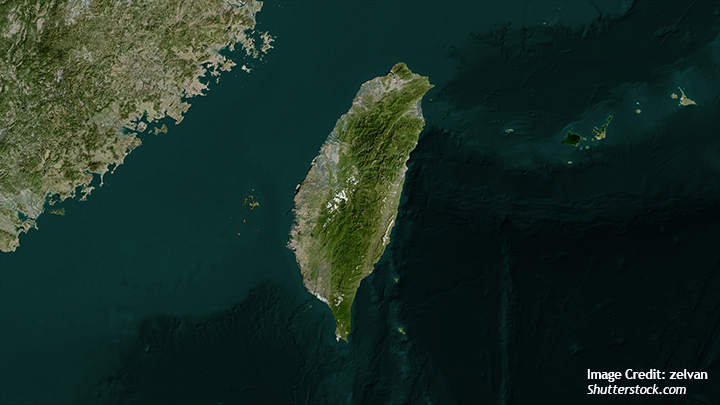
Taiwan’s Sports Diplomacy: Expanding Nation Branding Beyond Politics and Technology
Taiwan’s unique position in the international community presents a challenging environment for Taipei to build and sustain relations with other countries. In response to these constraints, Taiwan has developed several innovative approaches to enhance its international image, strengthen its global presence, and deepen connections with like-minded partners. Among these efforts, sports diplomacy, a form of informal diplomacy, has been increasingly valued by Taipei in recent years. The establishment of the Ministry of Sports (MOS) reflects this ongoing trend and Taipei’s intent to leverage sports for diplomatic purposes. This issue brief by Yi-Chieh Chen examines Taiwan’s nation-branding strategies, traces the evolution of its sports diplomacy, and evaluates the opportunities and constraints associated with the creation of the MOS. Read the issue brief here.
-
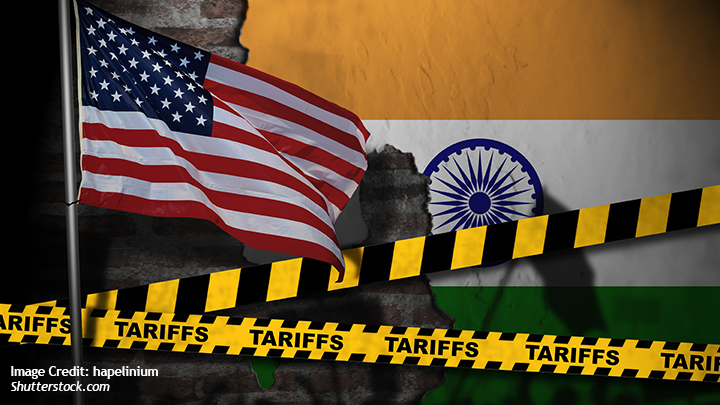
Rupture in the India-U.S. Relationship: An Indian Perspective
The India-United States relations have experienced considerable strain in recent times. The U.S. President has imposed reciprocal tariffs as well as additional tariffs on India for its Russian oil imports. These abrupt actions have disrupted a bilateral partnership that, over nearly two decades, had grown into one of the world’s most consequential, built on convergences in economic, defense, and technological cooperation as well as shared interests in maintaining a favorable balance of power in the Indo-Pacific region. However, in President Trump’s second term, longstanding areas of divergence have intensified, testing the resilience of the partnership. Yet, at an institutional level, both foreign policy establishments appear to be committed to overcoming the breach. This Focus Asia paper by Sanjay Pulipaka and Cauvery Ganapathy critically evaluates the emerging cleavages and assesses the inherent strategic value each partner brings to the bilateral. It also considers potential recalibrations, grounded in the capacity of two mature democracies to navigate the differences in strategic perception and sustain long-term cooperation. Read and download this Focus Asia paper here.
-

Webinar Report: Maritime Security Governance and the Future Challenges
Maritime security in the Indo-Pacific has grown increasingly complex amid rapid technological and geopolitical change. In this context, the Institute for Security & Development Policy (ISDP), in collaboration with Murdoch University’s Indo-Pacific Research Centre (IPRC), convened a lecture by Captain Sarabjeet S. Parmar (Retd), Distinguished Fellow at the Centre for Strategy and Defence Research (CSDR), on the theme Maritime Security Governance and the Future Challenges. This webinar report summarizes Captain Parmar’s presentation and the subsequent discussion, which examined the evolving dynamics of maritime security in the Indo-Pacific. Read and download the report here.
-

A New Liberal Order in the Making?
The post-World War II liberal international order, characterized by the U.S. leadership, its alliances both in Europe and Asia, free trade, democratic partnerships, rule-making, and multilateral institution-building, among other features, is facing an intense crisis of governance and faith. China has amped up its economic, military, and technological advances with the intent to undermine the U.S.-led existing order and to create a new China-led international order. This publication—a part of a joint project by The Prospect Foundation (PF), the Institute for Security and Development Policy (ISDP), and the Kajima Institute of International Peace (KIIP)—is the second in a series that attempts to provide fresh perspectives on the theme “Future of International Order based on Liberalism.” Download and read this publication here.
-

Information Warfare: How Emerging Technologies Threaten Europe and Taiwan
Niklas Swanström and Yi-Chieh Chen argue that the intersection of emerging technologies and disinformation has created unprecedented challenges for democratic societies, particularly in geopolitically sensitive regions such as Taiwan and Europe. As artificial intelligence (AI), deepfake technology, computer vision algorithms, and social media algorithms become increasingly sophisticated, the landscape of information warfare has transformed dramatically in recent years. This transformation represents not merely an evolution of existing propaganda techniques, but there has been a fundamental shift in how false information is created, disseminated, and consumed internationally. This special publication, featuring a collection of essays edited by Niklas Swanström and Yi-Chieh Chen, aims to disseminate the ongoing challenges and reactions from Taiwan and Europe, while also examining the emerging security challenges and how future actions should be addressed. Read and download the special paper here.



